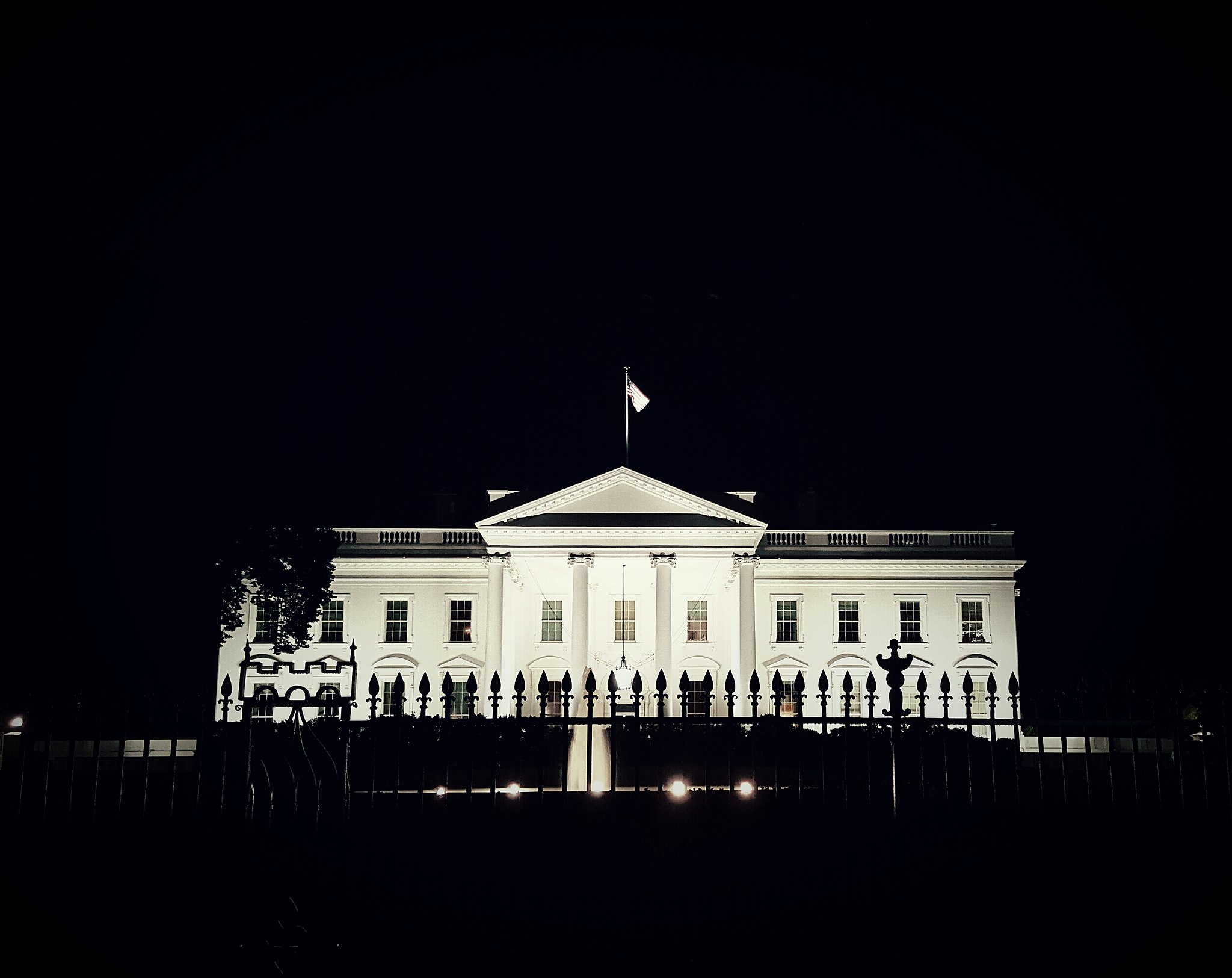The Manning Commutation
Ben and Susan have written of their approval of President Obama's actions. I find myself in rare disagreement with them. Not violently, but given the deterrence structures we have this sends a bad message at a time when the intelligence community needs to redouble its commitment to following the rules.
Published by The Lawfare Institute
in Cooperation With

Ben and Susan have written of their approval of President Obama's actions. I find myself in rare disagreement with them. Not violently, but given the deterrence structures we have this sends a bad message at a time when the intelligence community needs to redouble its commitment to following the rules. I was going to write a longer piece explaining my disagreement but my Heritage colleague, Cully Stimson, has done so already with better analysis than I could muster. I commend his full article to your attention. Here's the introduction:
Exercising his authority under Article II, Section 2 of the U.S. Constitution, President Barack Obama commuted the court-martial sentence of convicted felon Chelsea Manning, formerly known as Bradley Manning. Although there is no dispute that Obama had the legal authority to commute the former Army private first class’ sentence, the president and his advisers had to know that any relief granted to Manning would be terribly controversial, and for good reason. Commuting Manning’s sentence sends a horrible message to everyone who serves in the U.S. military, emboldens those who seek to harm the United States, and disheartens countless Americans—in and out of uniform.





